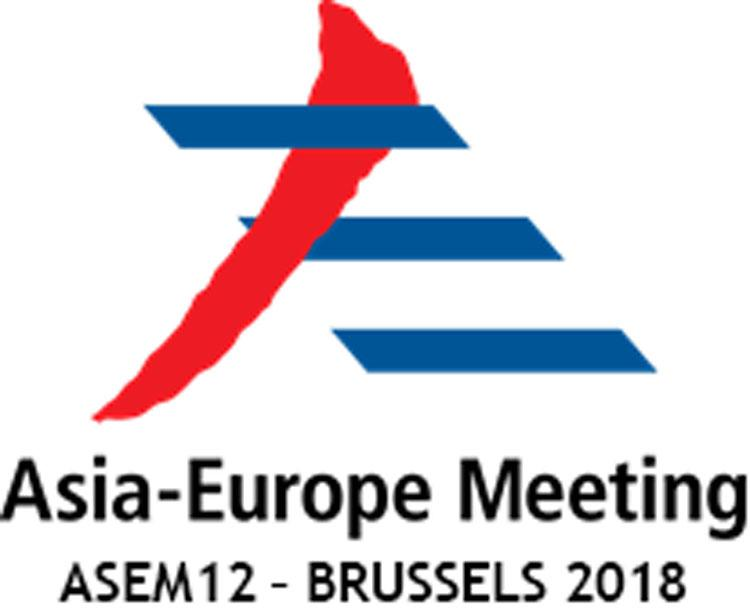
Hürriyet Daily News (25 October 2018)
Teoman Ertuğrul Tulun*
The European Union (EU) recently hosted the Asia-Europe Meeting (ASEM) Summit in Brussels. ASEM is a dialogue platform established in 1996 between EU and Association of Southeast Asian Nations (ASEAN) member countries. It currently comprises 30 European (EU countries plus Norway and Switzerland) and 21 Asian countries (ASEAN countries plus Australia, Bangladesh, China, India, Japan, New Zealand, Kazakhstan, South Korea, Mongolia, Pakistan, Russian Federation), as well as the EU and the ASEAN Secretariat. ASEM’s partnership structure and basic aims make it a useful multilateral Eurasian platform linking Europe and Asia.
The Summit was chaired by the President of the European Council Donald Tusk and discussions were made under the theme of “Global Partners for Global Challenges”. Per the Chairman Statement of the Summit, participants addressed opportunities and challenges facing Europe and Asia in a world of accelerating change. The statement stressed the role of ASEM as the main platform for Eurasia to strengthen dialogue, foster cooperation, and collectively tackle global challenges.
The Summit participants expressed their approaches to a range of issues such as the environment and climate change, terrorism, migration, global non-proliferation, maritime security and safety, and worldwide economic and financial challenges. Concerning the Iran issue, the participants reiterated their collective support for diplomatic dialogue and the Joint Comprehensive Plan of Action endorsed by the UN Security Council. Finally, in his closing remarks at the Summit, Donald Tusk stressed that participants agreed to renew their support for the rules-based international order and connectivity between Europe and Asia. He described this message as a significant signal from the Summit in the current geopolitical context.
A comprehensive approach to security includes not only military matters but other aspects of security such as economic, environmental and human rights concerns. The Organization for Security and Cooperation in Europe (OSCE) assessed at the beginning of the 21st century that threats to global security will more likely to arise from the destabilizing consequences of developments that cut across the political, military, economic, environmental, and human dimensions, rather than from any major armed conflict. This understanding paved the way for developing a web of international dialogue and cooperation platforms. ASEM could be considered as a good example of such platforms.
However, as we approach the end of the first two decades of the 21st century, we are witnessing worrisome developments in the Eurasian security situation. In our article titled “There Is An Urgent Need For A New Cooperative Security Order In Eurasia” (Hürriyet Daily News, 19.10.2018), we drew the attention to the large scale military exercises in the OSCE area. In the meantime, the US announced its intention to withdraw from the 31-year-old Intermediate-Range Nuclear Forces Treaty with Russia.
The ongoing trend of the breakdown of international security arrangements can be interpreted as an indication for future turbulent developments. Confrontational policies offer only further devastation for humankind. In such an environment, there is an urgent need to bolster international dialogue processes.
* Analyst at Center for Eurasian Studies (AVİM)
**Photo: European Union
http://www.hurriyetdailynews.com/opinion/teoman-ertugrul-tulun/there-is-an-urgent-need-for-a-new-cooperative-security-order-in-eurasia-138038
© 2009-2025 Avrasya İncelemeleri Merkezi (AVİM) Tüm Hakları Saklıdır
Henüz Yorum Yapılmamış.
-
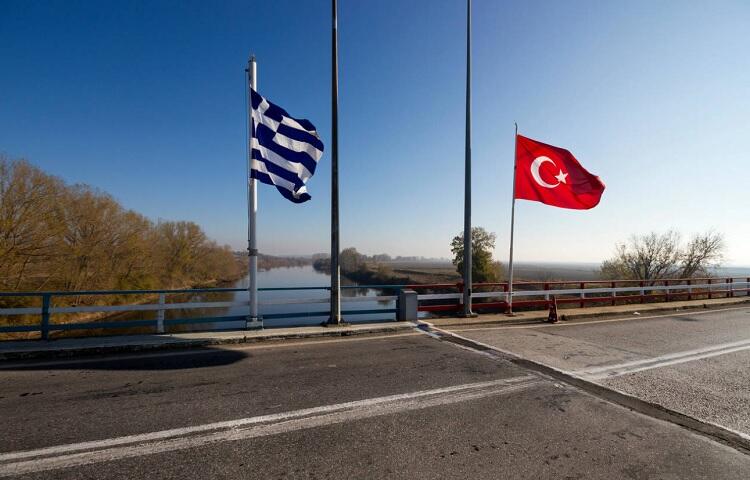 YUNANİSTAN’IN AMACINA UYGUN OLANI SEÇME POLİTİKASI - HÜRRİYET DAILY NEWS - 21.09.2020
YUNANİSTAN’IN AMACINA UYGUN OLANI SEÇME POLİTİKASI - HÜRRİYET DAILY NEWS - 21.09.2020
Teoman Ertuğrul TULUN 24.09.2020 -
 80TH ANNIVERSARY OF ANSCHLUSS: EUROPEAN VALUES BEING TRAMPLED AS FAR RIGHT RISES - DAILY SABAH - 04.04.2018
80TH ANNIVERSARY OF ANSCHLUSS: EUROPEAN VALUES BEING TRAMPLED AS FAR RIGHT RISES - DAILY SABAH - 04.04.2018
Teoman Ertuğrul TULUN 05.04.2018 -
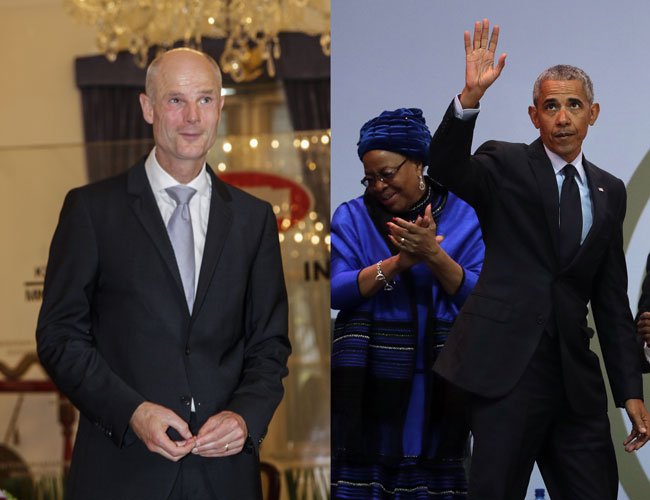 HOLLANDA DIŞİŞLERİ BAKANI, OBAMA’YA KARŞI - HÜRRİYET DAILY NEWS - 26.07.2018
HOLLANDA DIŞİŞLERİ BAKANI, OBAMA’YA KARŞI - HÜRRİYET DAILY NEWS - 26.07.2018
Teoman Ertuğrul TULUN 02.08.2018 -
 SOLİNGEN’İ ANMAK: AŞIRI YABANCI DÜŞMANLIĞININ BATI AVRUPA’DA İNATÇI YÜKSELİŞİ - HÜRRİYET DAILY NEWS - 19.05.2018
SOLİNGEN’İ ANMAK: AŞIRI YABANCI DÜŞMANLIĞININ BATI AVRUPA’DA İNATÇI YÜKSELİŞİ - HÜRRİYET DAILY NEWS - 19.05.2018
Teoman Ertuğrul TULUN 27.05.2018 -
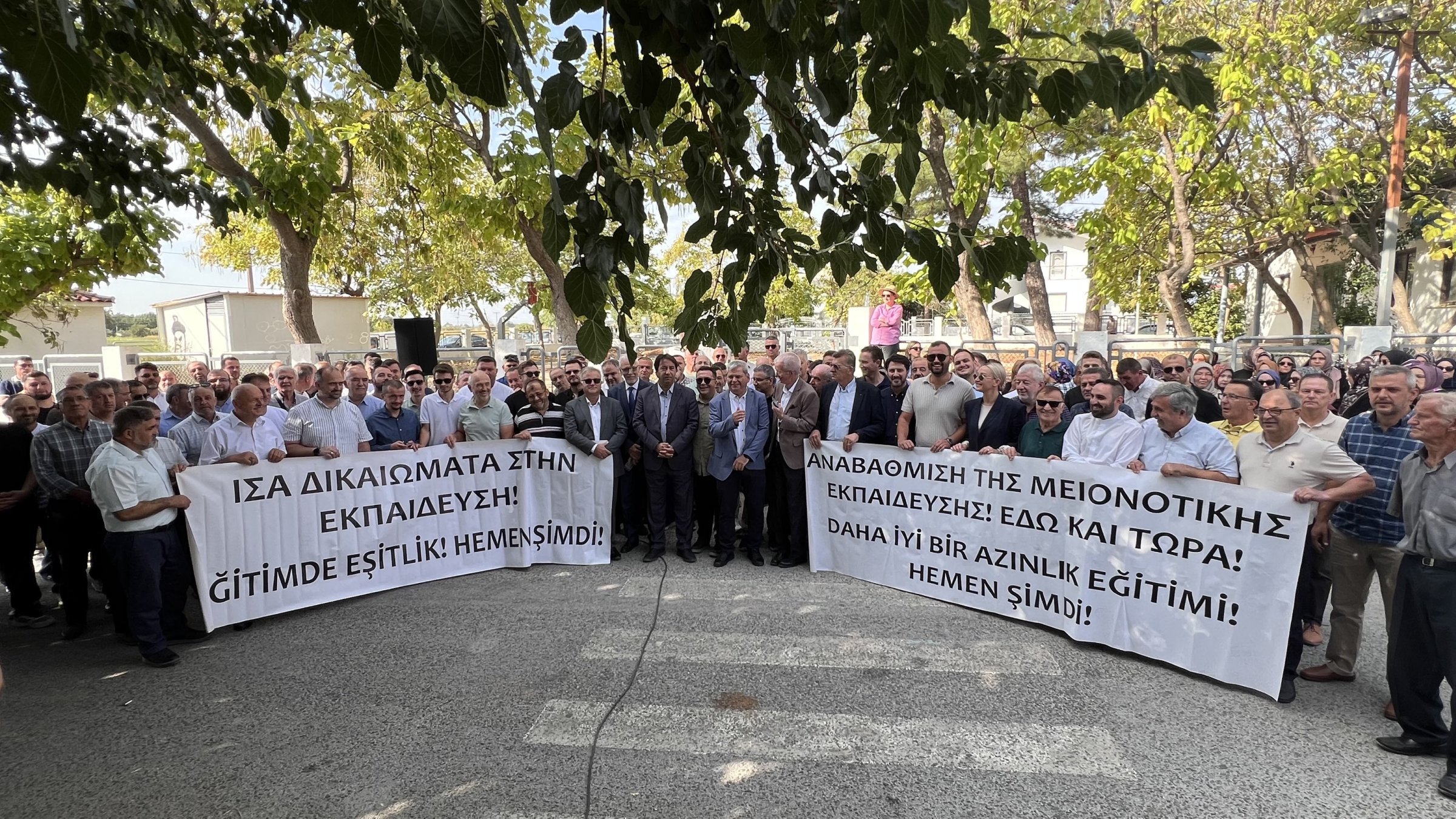 BROKEN TREATY: IGNORED RIGHTS OF TURKISH MUSLIM MINORITY IN GREECE - DAILY SABAH - 12.09.2025
BROKEN TREATY: IGNORED RIGHTS OF TURKISH MUSLIM MINORITY IN GREECE - DAILY SABAH - 12.09.2025
Teoman Ertuğrul TULUN 15.09.2025
-
DUMA SEÇİMLERİ ÖNCESİ RUSYA’DA SON DURUM-Halit GÜLŞEN
- 27.10.2011 -
 STRATEJİK SUSKUNLUK: ERMENİLERİN SESSİZLİĞİ (DÖRDÜNCÜ BÖLÜM) - 08.2021
STRATEJİK SUSKUNLUK: ERMENİLERİN SESSİZLİĞİ (DÖRDÜNCÜ BÖLÜM) - 08.2021
Iver TORIKIAN 30.11.2021 -
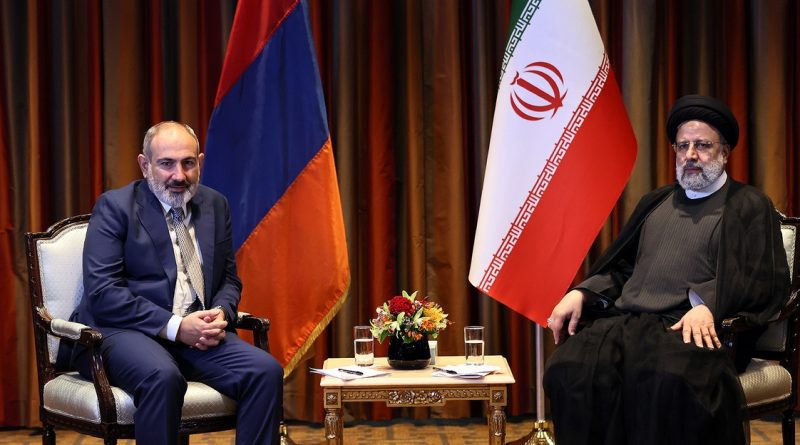 CAUCASIAN KNOT: AYATOLLAHS SUPPLY PUTIN WITH DRONES VIA ARMENIA FOR THE WAR IN UKRAINE - THE SOFIA GLOBE - 30.03.2023
CAUCASIAN KNOT: AYATOLLAHS SUPPLY PUTIN WITH DRONES VIA ARMENIA FOR THE WAR IN UKRAINE - THE SOFIA GLOBE - 30.03.2023
Nikolay MARCHENKO 31.03.2023 -
 ULUSLARARASI HUKUK, SOYKIRIM SUÇUYLA İLGİLİ GÜNCEL GELİŞMELER VE GAMBİYA-MYANMAR DAVASI - 03.02.2022
ULUSLARARASI HUKUK, SOYKIRIM SUÇUYLA İLGİLİ GÜNCEL GELİŞMELER VE GAMBİYA-MYANMAR DAVASI - 03.02.2022
Fatih DÖNMEZ ve Onur URAZ 04.02.2022 -
PROSPECTS FOR TURKEY’S POLICY TOWARDS THE SOUTH CAUCASUS - PISM - 18.03.2021
Arkadiusz LEGIEĆ 25.03.2021


